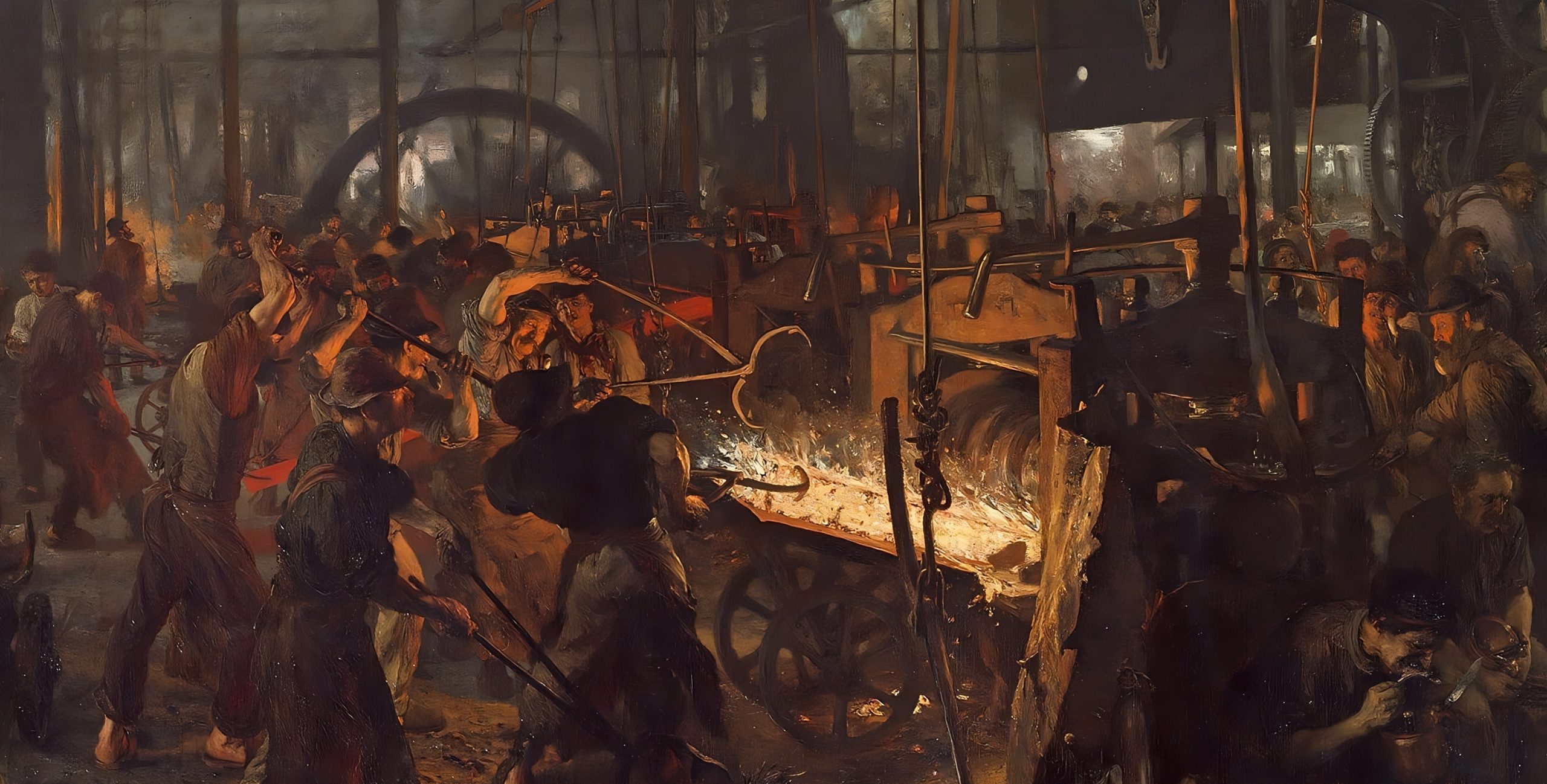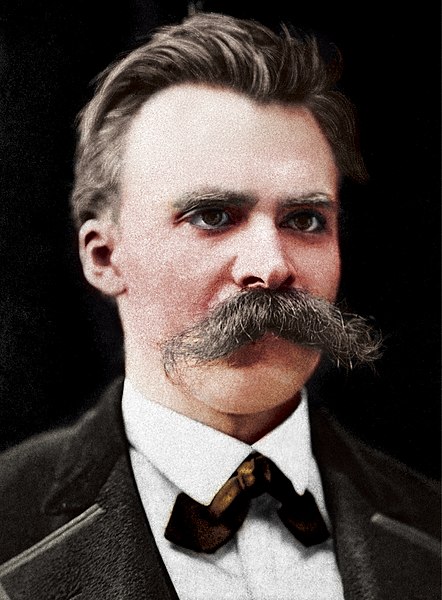
“Men make their own history, but they do not make it as they please; they do not make it under self-selected circumstances, but under circumstances existing already, given and transmitted from the past.” – Karl Marx
Walk around Britain today and every crumbling factory scattered across the country bears the silent testimony of countless generations of working class folks who once toiled within its walls. Beneath those wide roofs, the labour of men and women has been well spent, a living contribution to the construction of these industrial structures and the creation of countless commodities within. The factory itself, along with its manufactured goods, stands as a crystallised outcome of bygone labour—a solidification of the collective vitality of the workers who dedicated their lives to its establishment. These abandoned structures serve as tangible remnants to the living that pass by, embodying the enduring legacy of the living flesh and blood that once was a spectacle of sensuous economic activity within their bustling halls.
In Marxist theory, there’s the all-pervasive term—the means of production. This terms refers to the physical and non-human resources and tools used in the process of producing goods and services in a society, such as factories, machines and hand held tools. But what’s more, all means of production are considered “dead labour” because they represent past human labour that has been embodied in the production of these special objects. Drill rigs exploring the depths of the earth, combine harvesters reaping the fruits of the land, soldering machines meticulously crafting connections, and mobile phone assembly lines putting together smartphones we take for granted as part of modern living—all within this motley assortment of means of production is the fact that these tools and processes, each a specialised creation, stand as the ossified remnants of the collective human effort invested in their development.
Many of these durable, tangible goods endure long after the workers who contributed to their construction have moved on. Dead labour, however, is incapable of creating new value on its own, it requires the combination of living labour—the ongoing work of individuals—with purposeful activity in the production process in order to create new value. Here’s another passage from Marx:
“The tradition of all dead generations weighs like a nightmare on the brains of the living.”
Of which we should modify as: “The spent accumulated dead labour of all past generations of human beings now weighs as an existential reality on the milieu that conditions the social reality of present day people.” Centuries ago where there once could only be found wild fauna and flora unmolested by the hands of human labour, now exists a terraformed land—cities, the establishment of factories, and the expansion of transportation networks where once was forests and plains etc.—moulded by the work of exerted past labour. Where once an ownerless parcel of land is now thoroughly claimed and enclosed by businesses and residences. The spent accumulated dead labour of past generations is not a mere historical artefact; it is the economic bedrock upon which our present reality is constructed. Every structure, every industry, and every avenue of economic activity has been shaped and defined by the labour of those who came before us—past material history conditions the present material conditions.
But dead labour extends beyond just the means of production—it reaches the very house that shelters me as its present-day resident. The house I currently inhabit has a history entirely independent of my involvement in its design, planning, or construction. The same holds true for the majority of people living in houses! These dwellings were built during the Victorian era, constructed during the reign of Queen Victoria from 1837 to 1901, and they still stand, fit for human habitation—a remarkable visual testament to the durability of their construction. For example, some houses in Britain bear on its exterior wall the date it was built such as 1897! Consider the Victorian house nestled at the end of a cul-de-sac; it may have harboured past occupants and those who succeeded them. Such continuity is a common reality for many houses in Britain today. We can only appreciate the fact that we don’t live in a prefabricated world by taking on the historical perspective, which provides us the awareness that all artificial objects—buildings, infrastructure, manufactured objects etc.—are all conditioned phenomena that exist only thanks to historically spent past labour (dead labour). I write this today not only to recognise the dependence that human civilisations have on the historical role labour has played in forming the world as we see and know it but also to pay homage to the crucial legacy of the workers who came before us. It is their exertions and contributions that make the lasting imprint of their efforts on the fabric of society today.
Citation: https://www.marxists.org/archive/marx/works/1852/18th-brumaire/ch01.htm

